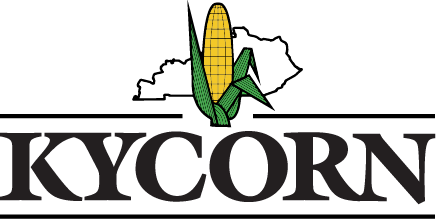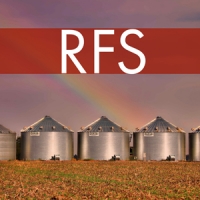KyCorn once again showcased the E85 Cobra at the National Farm Machinery Show to promote the benefits of ethanol.
The growing body of research on the environmental benefits of the Renewable Fuels Standard (RFS2) just got bigger. A study released last week highlights some of these benefits including improved air quality and public health.
Since the enacting of the pro-biofuel policy in 2007, the use of biofuels in our transportation fuel supply has reduced greenhouse gas (GHG) emissions by 600 million metric tons. This is roughly equivalent to shutting down 154 coal-fired power plants or removing half of our nation’s cars from the road for an entire year.
The Renewable Fuels Association (RFA) contracted with Life Cycle Associates, a California-based scientific consulting firm, to update its 2014 GHG analysis to see how actual CO2 reductions match up with the expectations set by the Environmental Protection Agency (EPA). The use of biofuels—predominantly corn ethanol—reduced emissions far more than what the agency expected (422 million metric tons).
The report attributes the tremendous impact of biofuels on the following:
-
Corn ethanol has adopted technology improvements, which results in GHG reductions far greater than the 20 percent reduction assumed by EPA.
-
Petroleum GHG emissions are higher than the baseline project by the EPA.
-
The mix of other renewable fuels has also contributed to additional GHG reductions even though cellulosic ethanol targets in the original rule have not been met.
This study underscores the reality that biofuels are getting cleaner while oil is getting dirtier. The deliberate development and adoption of energy-reducing, less-environmentally impactful technology has led to an increasingly sustainable biofuels industry focused on improvement. The trend is moving in the other direction for petroleum-based gasoline as more energy-intense, environmentally-damaging methods are used to extract oil resources once thought unreachable.
It is no time to shy away from the critical implications of this basic trend. By 2050 the number of passenger miles driven is predicted to increase by 20 percent, according to the U.S. Energy Information Administration’s 2019 Annual Energy Outlook released last month. As less developed countries continue to modernize, populations grow, and vehicle miles increase, demand for fuel will increase dramatically. This study and others make obvious the impacts of displacing just a small portion of petroleum in our fuel — more room for biofuels, more room for impact.


